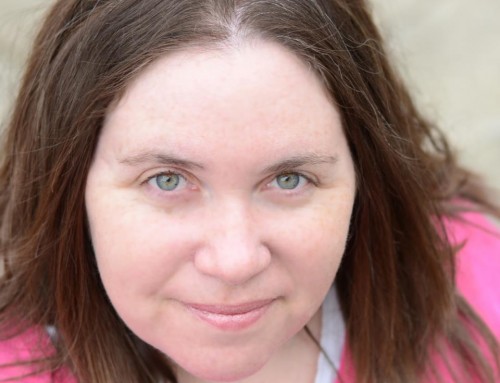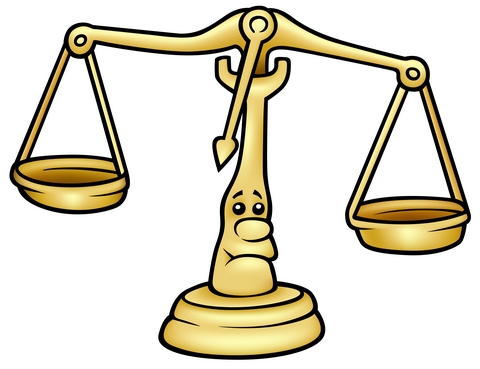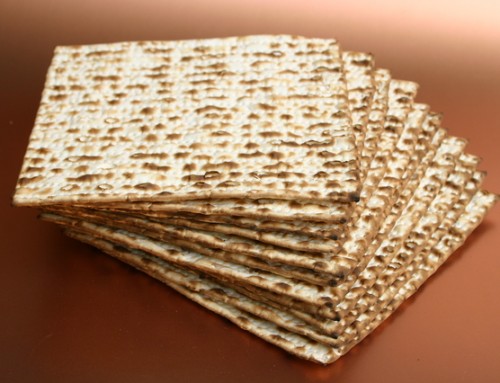Naming children seems to be an art that is balanced on a shaky tightrope strung between tradition and prevailing practice.
On the one hand, we have the Ashkenazi custom of carrying on the names of those who have passed away or the Sephardi custom of honoring those still alive. (Yes, I know that when the grandparents are hovering around, it can often get political: “You remember your great-aunt Hepzibah, don’t you? She gave you a hand-knit little green sweater when you were born.” or “You know, nobody ever named after my father’s great-grandfather, Faivish.”)
On the other hand, there are the popular names that surround us, the elements of the broader culture in which we live. The most popular baby names in the U.S. last year were Mason, Liam and Ethan for boys; Olivia, Emma and Sophia for girls.
Naturally enough, there are trends in every generation based on time and place.
My parents, z”l, both born in 1911, were Chaim and Leah, and, as their generation became more Americanized: Hymie and Lena, and then quietly, by the 1950s: Hy and Lee.
In the era of my youth (I really had a youth) in the States, we were generally given two names: the Hebrew name of the ancestor and an English name which were our real “day-to-day” names.
Chana – Helen | Yeruchum – Raymond | Gittel – Gloria
As Jewish pride grew with the growth of the State of Israel – and especially after the Six Day War – we began to see the “translating” of more ancient names into modern Hebrew versions:
Freida – Gilah | Leib – Aryeh | Anshel – Asher
And it became progressively more common, more socially acceptable, to use Hebrew names as the day-to-day name: Avi, Devorah, Adina, Penina, Rafi.
In Israel, the pride in country and language has given birth to a spate of new names, names with no roots in the Bible or Jewish history or familial ancestry: names based, instead, on imagination and the use of the modern Hebrew language.
But you know how it is with older people and newer developments – art, technology, whatever: you can keep up, up to a point, and then it’s over your head. I have a computer; I have an ipod; I have an iphone; I don’t want an implanted-at-birth internet telecommunications chip and a handheld holographic image projector to show pictures of the grandkids. Too much.
When my eldest granddaughter was born, her parents announced that her middle name would be “Nitza.” I gained no points with the family, when I blurted out: “What the heck is a ‘nitza’?” Nitza, I was informed, is the early budding of the blossom. “So can I call her ‘Bud’?” I said, which lost me more points and gained me three days of lectures on civil behaviour by the new baby’s grandmother. One of my other beautiful princesses is named “Hallel” because she was born on the night of the seder, and it would have been a bad thing to call her “Maror.”
But these are relatively mild examples. Parents are giving names which have never existed but have personal meaning for them which, I suppose, was how names were given before there were people to name after and books of “10,000 Names for Your Baby” on sale in every store selling cribs and baby clothes.
So there are little Israelis running around now named, assumedly, Nechmadit (lovely) or Prichat haTapuach (apple blossom) or Chalon Meluchlach (dirty window) or whatever message their parents would like to announce to the world through the designation they assign to their descendants.
And if these names seem a little bizarre to the grandparents, so what? The language develops over time; it breathes and expands like any living being. It’s just another element of the progress of a vibrant world that sometimes leaves the older generation a step behind.
At least that’s how I explain it to Bud.







Leave A Comment